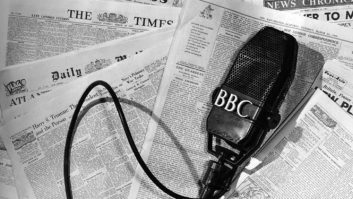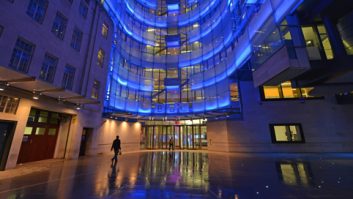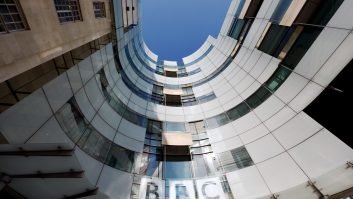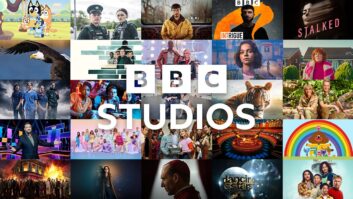Ofcom has updated the BBC’s operating licence to reflect the changing way viewers are watching its content.
For the first time, the licence sets what Ofcom describes as “comprehensive new requirements” on the BBC’s online services, including BBC iPlayer.
It is introducing more than 70 quotas on the BBC’s TV and radio services to ensure it delivers a minimum volume of content such as news and current affairs, and original UK programmes.
The updated licence also demands a “step-change” from the corporation by imposing transparency as a core obligation, said Ofcom, following the lack of detail and clarity provided by the BBC around planned changes to its programmes and services.
The BBC will have to explain in more detail how it is delivering for audiences, said the regulator.
We recognise that the BBC needs to adapt quickly to keep up with changes in what viewers and listeners want, and how they get their content,” said Kevin Bakhurst, Ofcom’s group director for broadcasting and online content. “So we’re future-proofing our regulation to enable the BBC to transform and innovate, while safeguarding content that matters most to audiences.
“We’ve been particularly disappointed by the BBC’s lack of detail and clarity around planned changes to its services, which has led to a lot of uncertainty for audiences and industry. Our strict new reporting rules will ensure the BBC is held to a higher level of public accountability, requiring it to clearly explain its plans before going ahead, as well as evaluating whether they work.”
Responding to Ofcom’s announcement, a spokesperson for the BBC said: “The BBC’s regulation needs to evolve for the digital age so we can serve audiences with impartial news and distinctive UK content in a fast-changing global market so we welcome these changes.
“We are committed to transparency and will set out how we plan to deliver for audiences in the year ahead in our upcoming Annual Plan.”






